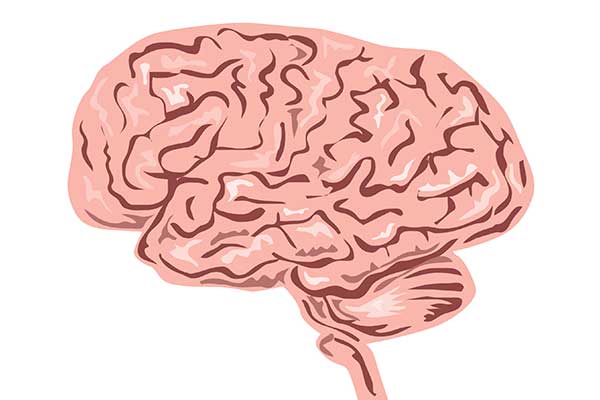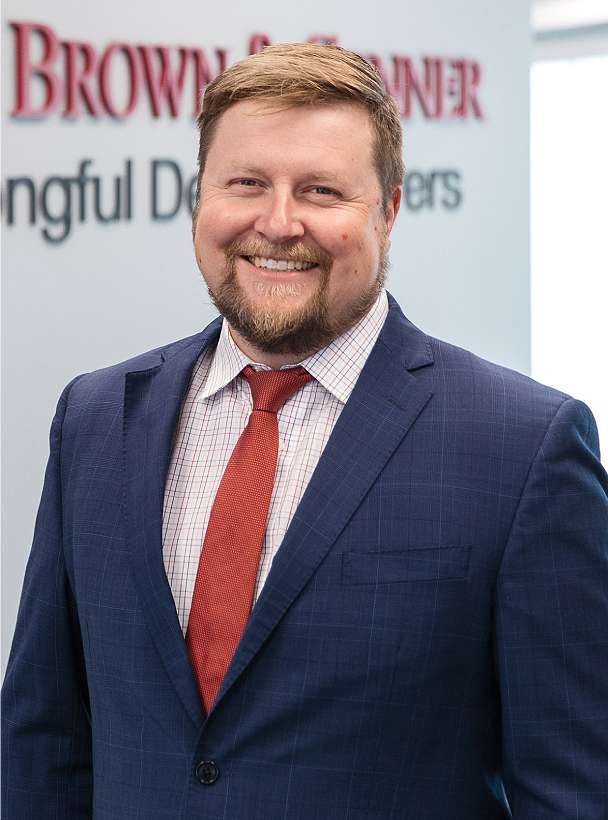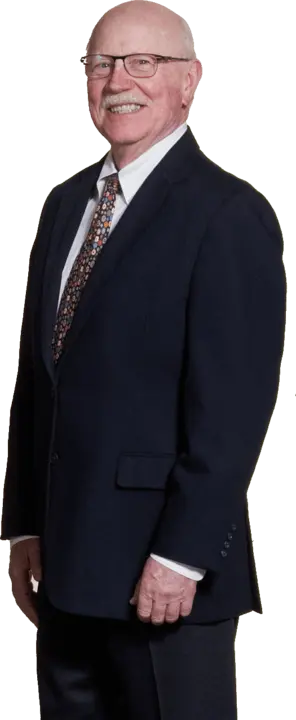The experience a child has with a concussion is not the same as an adult. In fact, they may not even share the same symptoms. If you are a parent, it is important that you understand what a concussion is like in a child (not an adult), including the various symptoms, recovery, and when to call a doctor.
Children are highly susceptible to concussions – even at a young age. A toddler might fall out of their chair and hit their head on the floor, a teenager could get hurt playing with friends, or your elementary school child might fall at the playground. Concussions are not just something you see in sports, and they can occur doing everyday things.
Also, a child does not have to lose consciousness for the concussion to be serious. Therefore, never assume your child does not have a concussion just because he or she never lost consciousness.
What Is a Concussion?
Concussions are a type of traumatic brain injury (TBI) that occurs when the brain bounces against the wall of the skull. It can occur during a fall, whiplash, fight, or any activity where a child’s head is left unprotected. In most cases, childhood concussions are minor, do not require hospitalization, and clear up on their own. However, there are those rare instances where a child may suffer from a more complex concussion and require medical intervention.
Understanding the Symptoms of a Concussion in a Child
A concussion is not something you see on the outside, but your child might exhibit symptoms indicating that they have suffered from one recently. These symptoms may happen right away, other times they take a few days. They also may slowly worsen over a few days or weeks post-incident, depending on the severity of the concussion and the amount of rest your child receives.
Some common symptoms a child may experience include:
- Having a dazed or stunned appearance
- Confusion
- Forgetting things
- Clumsier than normal movements
- Being slow to respond to questions
- Loss of consciousness (even briefly)
- Mood swings
- Headache
- Concentration issues
- Fuzzy or blurred vision
- Nausea
- Sensitivity to noises or light
- Ringing sound in the ears
- Dizziness or balance and coordination problems
- Behavior changes, such as being more anxious or irritable
- Sleep issues
A child could suffer just a handful of these symptoms. So even if your child is not suffering every single symptom, they could have a concussion.
Treating a Concussion in a Child
If your child has a concussion, rest is often the best form of treatment. They should not engage in any physical activity until they are fully healed and a doctor has cleared them. After a concussion, your child is more susceptible to future concussions, and suffering one immediately after a previous one could be life-threatening.
You will want to see your family physician or an emergency room physician after the incident to get full instructions. Depending on the severity, different treatments may be prescribed.
Some things your physician may prescribe for your child’s concussion include:
- Sticking to the normal routine – Your child’s daily routine will need to stay the same, including going to bed on time and no late nights, no sleepovers with friends, and waking at the same time.
- No screen time – One important thing is to rest the brain, and a brain cannot rest when it is processing digital information or looking at a screen. Your child needs to not use their phone, use a computer, watch TV, or have any screen time. As they slowly recover, you can add these back in increments, but at first, you want to remove them completely.
- Reading and schoolwork breaks – At first, your child will need to take breaks from reading and school assignments, too – just while their brain rests. Your physician will tell you how long they should refrain from reading or working on schoolwork.
You should not give your child any medication unless told to do so by your physician. Your physician may have you give them Tylenol or another pain medication, but do not do so without consulting a physician first.
Your Rights to Compensation When Someone’s Negligence Causes Your Child’s Concussion
If your child’s concussion occurred due to someone’s negligence, your family may be entitled to compensation. There are numerous instances where acts of negligence can lead to serious concussions and other types of TBIs, including:
- Defective Products – A product that is unsafe even when used properly can lead to a traumatic brain injury. For example, defective playground equipment that makes a child fall from a great height and strike their head could put the manufacturer liable for those injuries and costs.
- Negligent Supervision – If your child goes to a daycare center or in-home childcare facility, and your child is injured because the person you hired failed to monitor them and keep them safe, you can hold them accountable for your child’s preventable concussion.
- Car Accidents – If you and your loved ones were in a motor vehicle accident, and your child suffered a concussion from that accident, the driver who caused the accident could be found liable for your child’s injuries, your injuries, and the damage to your vehicle.
There are other costs associated with a concussion that you may receive compensation for. For example, you will have medical costs associated with your child’s injuries. You may have to take time off work to care for them – sometimes permanently if your child’s concussion leads to more permanent complications. Furthermore, the pain and suffering your child experiences physically, emotionally, and mentally matter. While no dollar amount will reverse the experience, you can make sure that you and your family are taken care of financially and that you are not paying for someone’s negligence.
To explore your options for legal action, contact the team at Brett McCandlis Brown & Conner, PLLC. Our team has experience handling TBI and concussion-type claims, and we will fight aggressively for your family’s right to compensation. Get started by scheduling a free case evaluation by calling our office or contacting us online.


